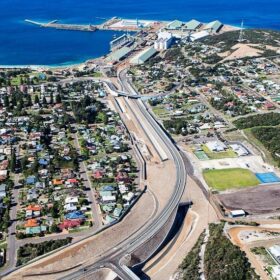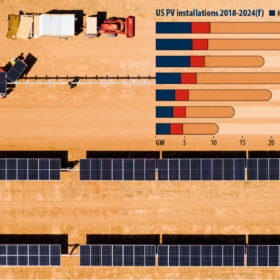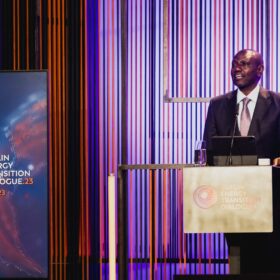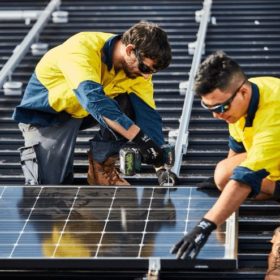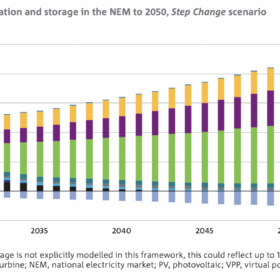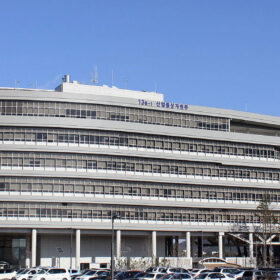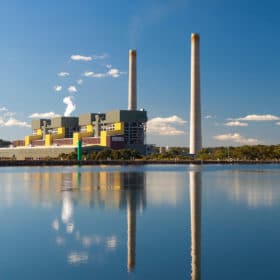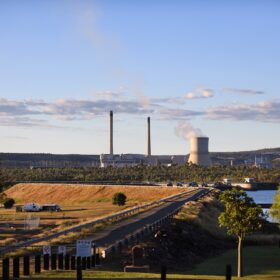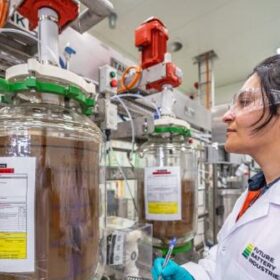WA points to Esperance initiative as energy transition ‘blueprint’ for Australia
Horizon Power’s push to electrify the town of Esperance has reached a major milestone with the Western Australian coastal community’s reticulated gas supply switched off as part of a move that the state government expects will serve as a “blueprint” for other electrification works around the country.
Weekend read: A moral trilemma
US solar was disrupted in 2022, with module seizures delaying projects due to strict laws designed to stamp out alleged forced labor practices in sections of the Chinese PV industry. However, it remains to be seen whether seizures affected such alleged practices.
Feds back $15 billion fund to boost clean energy manufacturing
The Australian government’s plan to establish a $15 billion (USD 10 billion) national reconstruction fund to support domestic manufacturing in future industries and reduce the nation’s dependence on imports has become a reality with the investment vehicle rubber stamped by both houses of parliament.
Missing investments jeopardise energy transition, says IRENA
The International Renewable Energy Agency (IRENA) told Berlin Energy Transition Dialogue participants this week that USD 5.4 trillion ($8 trillion) of annual investment is needed to support the global shift to renewables. Kenyan President William Ruto, meanwhile, called for a fair energy partnership between Europe and Africa.
Free solar training and mentorships on offer in Victoria
As part of its $1.3 billion (USD 87 million) Solar Homes Program, the Victorian government has launched an initiative to upskill electricians, electrical engineers and licensed electrical inspectors to encourage them to take on more solar work.
CSIRO says Australia’s storage capacity must grow tenfold, urges alternative technologies
Australia’s national science agency, the CSIRO, estimates the country could require a 10 to 14-fold increase in its electricity storage capacity between 2025-2050. It has released its energy storage report, forecasting demand in different sectors and summarising storage technologies.
South Korea cuts capacity allocations from 4 GW to 2 GW in solar tenders
South Korea has cut its 2030 renewable energy target from 30.2% to just 21.6%, as it seeks to reduce support for solar and other clean energy sources, while preparing the ground for more nuclear power and liquefied natural gas. A lobby group is now challenging the plan in the Seoul Administrative Court.
Brookfield buys Origin, plans to build a fifth of Australia’s renewable needs by 2030
A $18.7 billion (USD 12.5 billion) takeover deal for Origin Energy has been struck with a consortium led by Canadian giant Brookfield. Brookfield’s vision for Origin involves spending “at least” $20 billion to build new renewables and storage, using Origin and its customer base as a vehicle for transition.
Greens claims Safeguard deal delivers ‘huge hit’ for new coal and gas
The Greens and Labor have reached a deal over the proposed Safeguard Mechanism amendments with the scheme to now include a “hard cap” on emissions and a “safeguard trigger” for ministerial intervention.
Australia urged to move quickly to make most of booming battery sector
Australia has been warned it must act swiftly to capture the economic and strategic opportunities of a booming battery industries sector that is predicted could provide $55.2 billion (USD 36.87 billion) in additional gross domestic product to the economy by the end of the decade.
